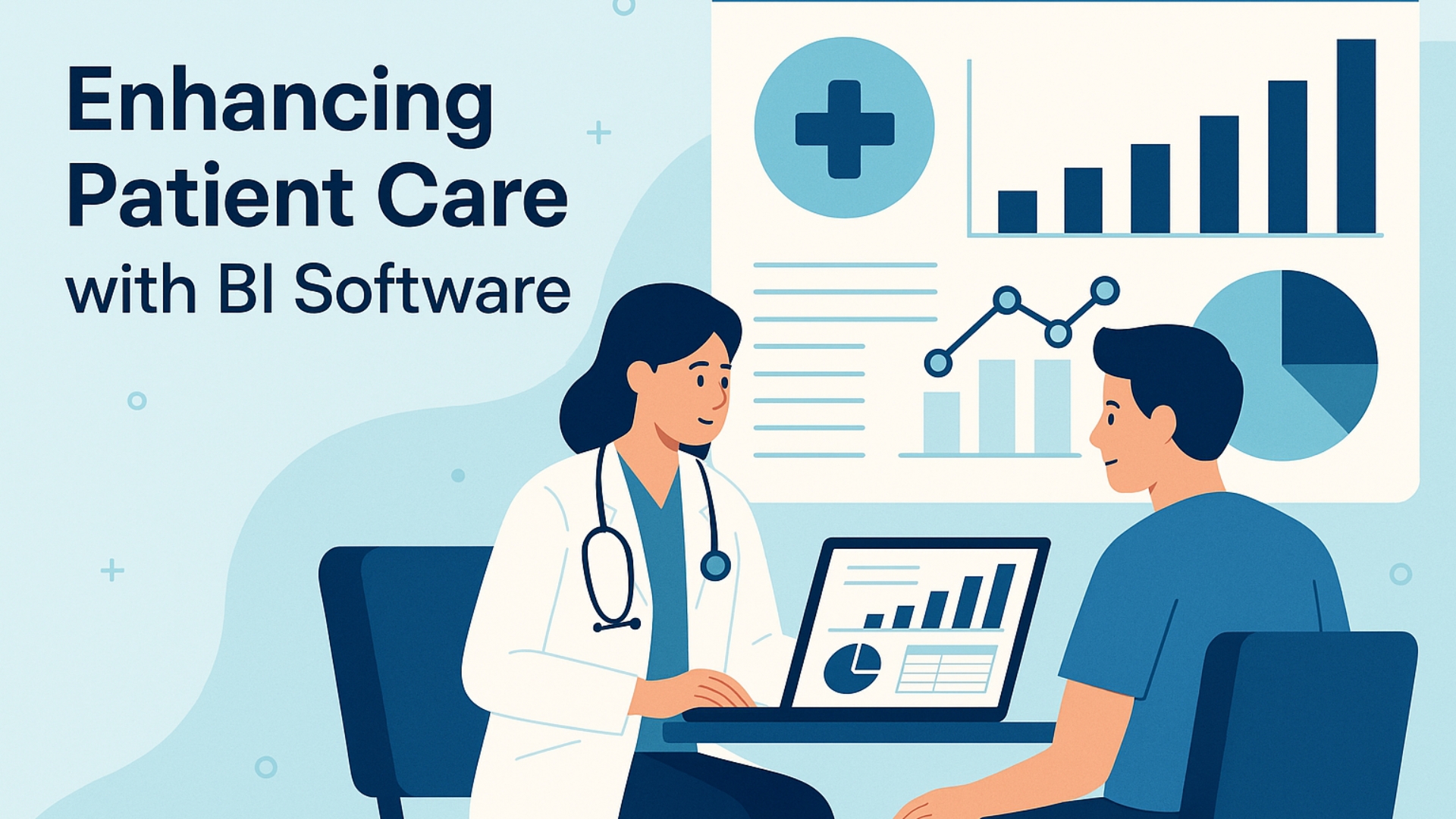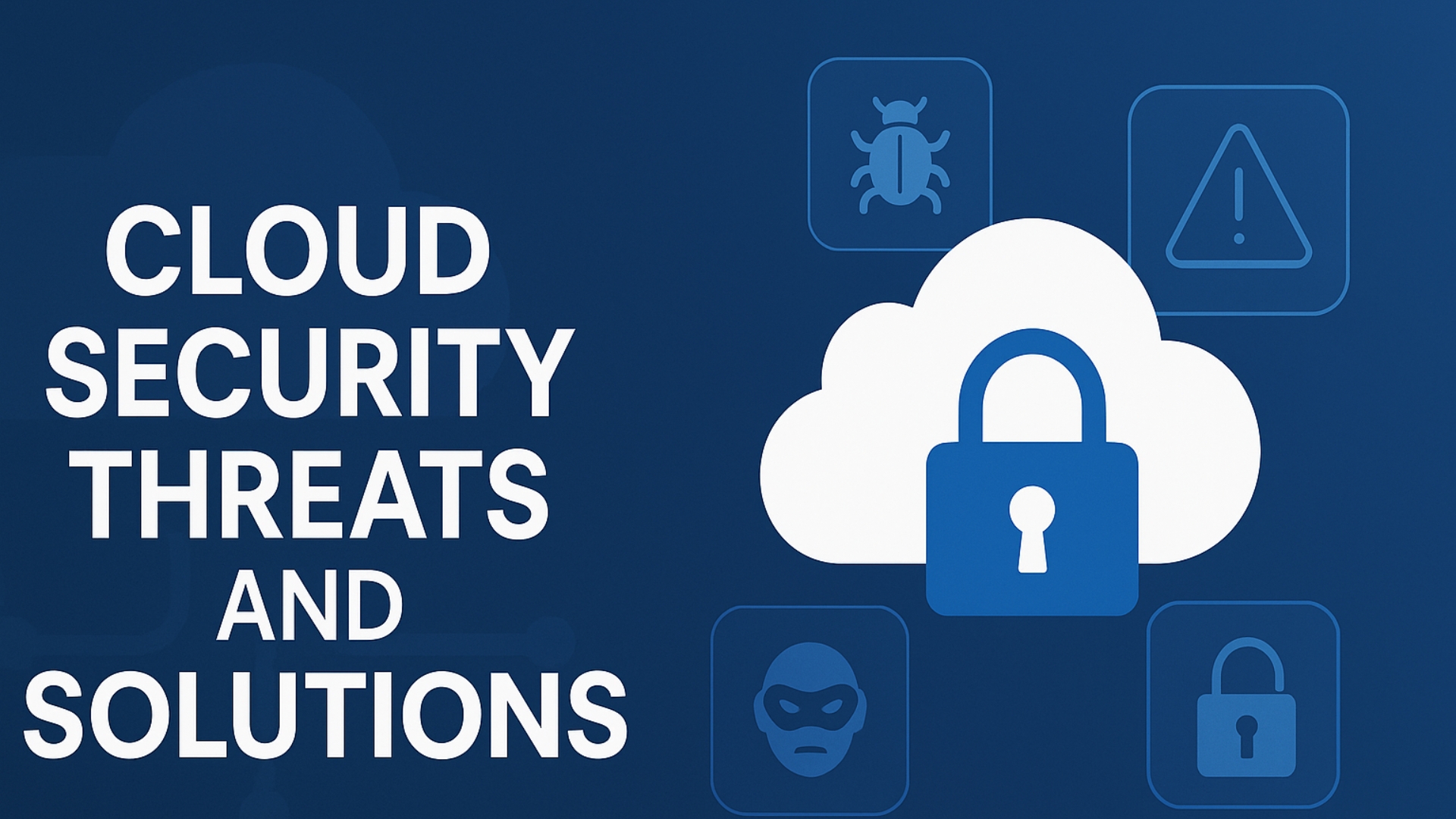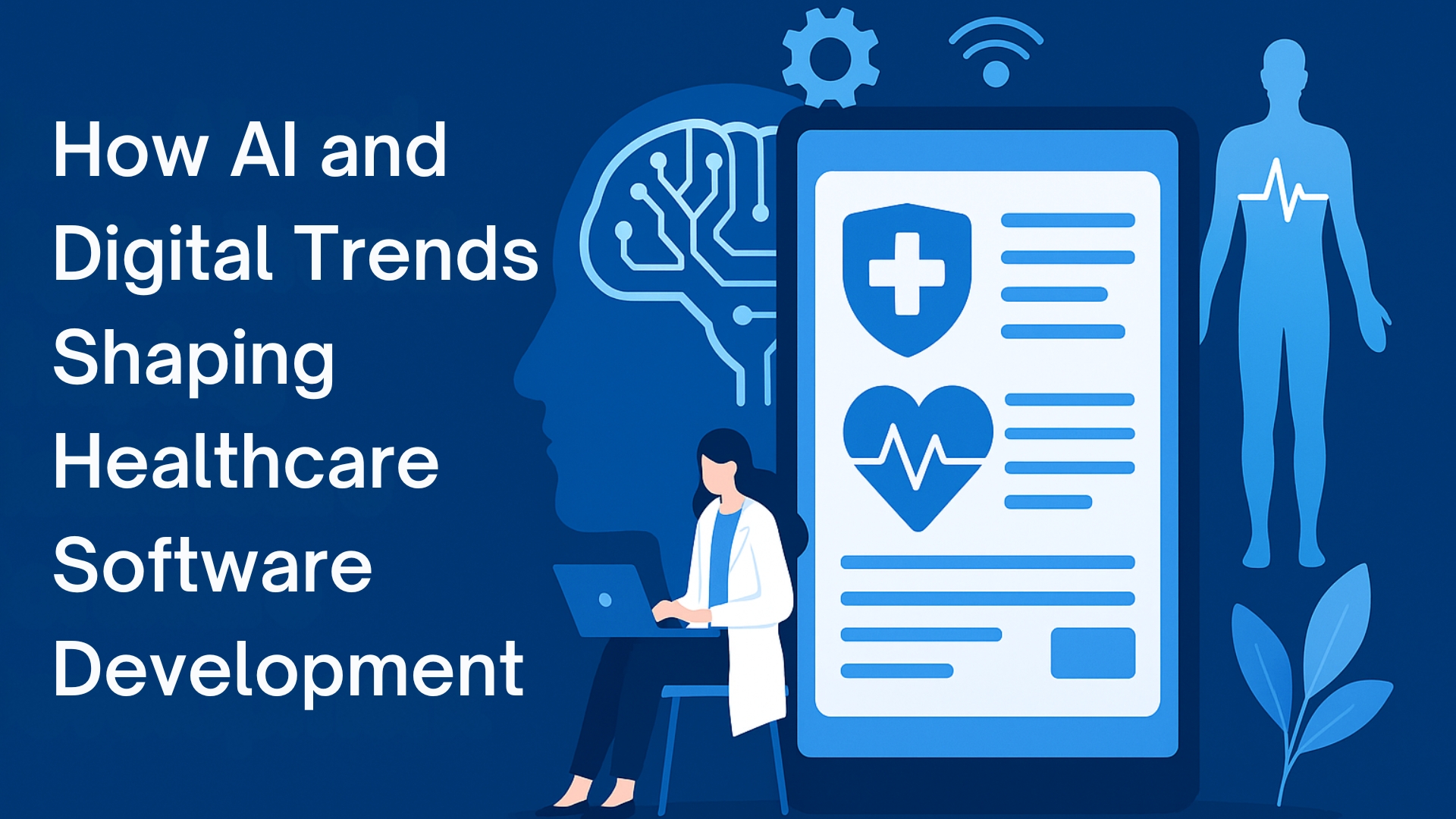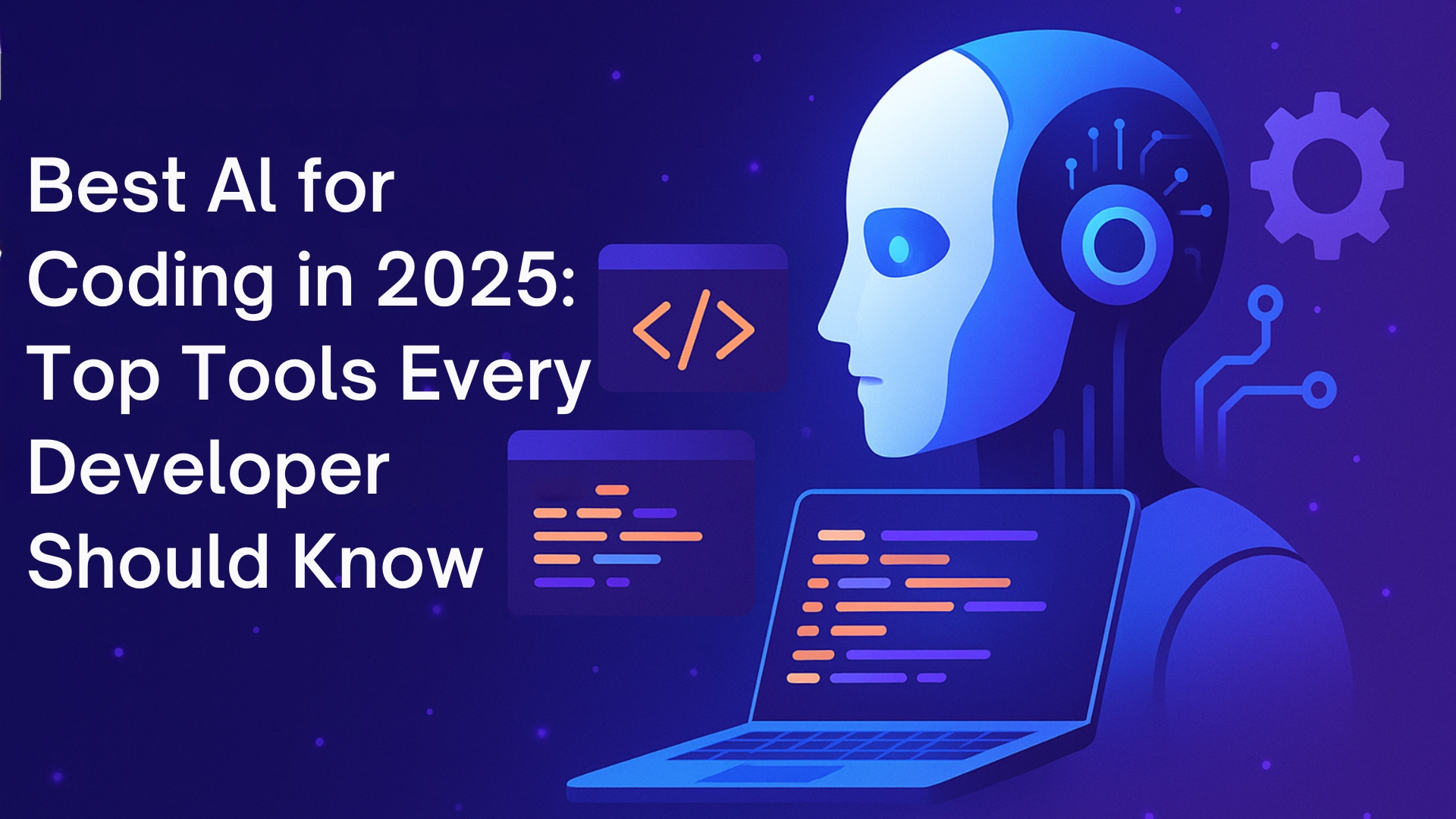The importance of using data in today’s rapidly evolving healthcare environment cannot be overstated. Business Intelligence (BI) software in healthcare is revolutionizing the way medical professionals analyze patient data, make informed decisions, and ultimately enhance patient care. This article explores how business intelligence software is transforming healthcare delivery, the benefits it offers, and how healthcare providers can implement these tools to improve outcomes.
Business intelligence software for healthcare refers to the tools and systems that allow healthcare providers to collect, process, and analyze vast amounts of data. These tools are essential for transforming raw data into actionable insights, enabling healthcare professionals to improve patient care and operational efficiency.
The Role of Data-Driven Healthcare
The goal of data-driven healthcare is to make choices based on study of data rather than gut feeling. By leveraging business intelligence software, healthcare organizations can gain insights into patient behaviors, treatment outcomes, and operational efficiencies. This approach allows for personalized care plans, proactive patient management, and improved resource allocation.
Benefits of Business Intelligence Software in Healthcare
Improved Patient Outcomes
One of the most significant benefits of using BI software in healthcare is the potential to enhance patient outcomes. Healthcare professionals can spot trends and patterns in patient data that might point to serious health issues. This allows for early intervention and personalized treatment plans, improving patient health and reducing hospital readmissions.
Streamlined Operations
Healthcare business intelligence software can streamline operations by providing insights into staffing levels, resource utilization, and workflow efficiency. By identifying bottlenecks and inefficiencies, healthcare providers can optimize processes, reduce costs, and improve service delivery.
Enhanced Patient Engagement
BI tools enable healthcare providers to engage with patients more effectively by providing personalized communication and education. By analyzing patient data, providers can tailor interactions to meet individual needs, improving patient satisfaction and adherence to treatment plans.
Key Features of Healthcare BI Tools
Patient Data Analysis
Patient data analysis is at the core of healthcare BI tools. These tools allow healthcare providers to track patient outcomes, monitor treatment effectiveness, and identify areas for improvement. By analyzing clinical data, providers can make informed decisions that enhance patient care.
Healthcare Reporting Tools
Healthcare reporting tools are essential for generating insights from complex data sets. These tools provide customizable reports and dashboards, allowing healthcare providers to visualize data and identify trends quickly. With real-time reporting capabilities, providers can respond promptly to changes in patient conditions or operational needs.
Clinical Data Insights
Healthcare professionals can better comprehend patient health with the use of clinical data insights. By analyzing data from electronic health records (EHRs), lab results, and other sources, providers can identify patterns and correlations that may not be immediately apparent. This information is crucial for developing effective treatment plans and improving patient outcomes.
Best Practices for Implementing BI Software in Healthcare
Secure Data Integration
For BI software to be effective, healthcare providers must ensure secure data integration. This involves aggregating data from various sources, such as EHRs, billing systems, and patient monitoring devices, while maintaining patient privacy and complying with regulations like HIPAA.
Foster a Data-Driven Culture
Implementing BI tools requires a cultural shift towards data-driven decision-making. Healthcare providers should invest in training and support to ensure that staff are comfortable using these tools and understand the value of data-driven insights.
Choose the Right Software
Selecting the best business intelligence software for healthcare involves considering factors such as scalability, ease of use, and integration capabilities. Providers should evaluate different options and choose a solution that meets their specific needs and goals.
Real-World Applications of BI Software in Healthcare
Predictive Analytics for Patient Care
Predictive analytics is a powerful application of BI software in healthcare. By analyzing historical data, healthcare providers can predict patient outcomes and identify individuals at risk for certain conditions. Better patient care and prompt interventions are made possible by this.
Resource Allocation and Management
By examining data on patient volumes, staffing levels, and equipment utilization, business intelligence (BI) tools can assist healthcare professionals in allocating resources as efficiently as possible. This ensures that resources are used efficiently, reducing waste and improving patient care.
Population Health Management
Utilizing data to enhance community health outcomes is known as population health management. BI software enables healthcare providers to track health trends, identify at-risk populations, and implement targeted interventions to improve public health.
The Future of Business Intelligence in Healthcare
As technology continues to advance, the potential for BI software in healthcare is immense. Future developments may include enhanced AI capabilities, more sophisticated predictive analytics, and improved data visualization tools. These advancements will further empower healthcare providers to deliver high-quality, patient-centered care.
Conclusion
Business intelligence software is a game-changer for healthcare providers, offering the tools and insights needed to improve patient care and operational efficiency. By embracing data-driven healthcare, providers can enhance patient outcomes, streamline operations, and engage with patients more effectively. As the healthcare industry continues to evolve, the adoption of BI software will be crucial for staying competitive and delivering exceptional care.






